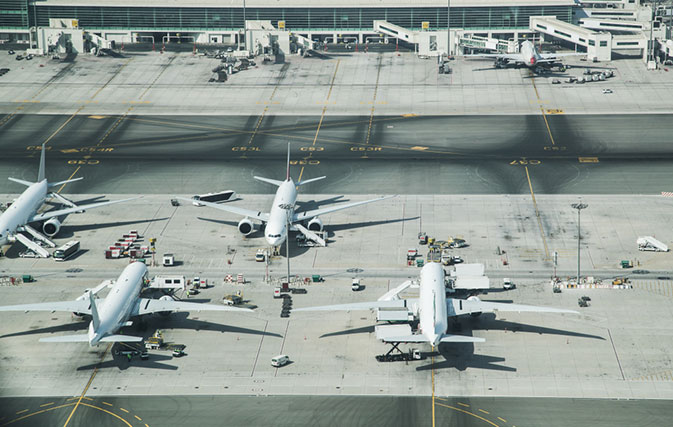TORONTO — The new air passenger bill of rights, the first phase coming into effect today, relies on some level of common sense on the part of both passengers and airlines. Is that a pipe dream?
Transport Minister Marc Garneau spoke this morning about the air passenger bill of rights, which many airlines are still fighting. With the first phase, starting today, travellers can receive up to $2,400 if bumped from a flight and up to $2,100 for lost or damaged luggage. For tarmac delays, planes must return to the gate after no more than three hours and 45 minutes.
Says Garneau: “We believe we have made it very clear what is within the airline’s control, and what is not within the airline’s control. And that obviously people recognize that some things are not within the airline’s control.”
Air Canada and Porter Airlines Inc., along with 17 other applicants that include IATA with its 290 member airlines, have stated in a court filing with the Federal Court of Appeal that required payments under the new air passenger bill of rights violate international standards and should be rendered invalid.
Not surprisingly, just as airlines are arguing that the regulations go too far, air passenger rights groups say the regulations don’t go far enough.
The new rules take effect in a two-phase rollout. Compensation of up to $1,000 for delays and other payments for cancelled flights will take effect in December.
In matters of dispute, says Garneau, “in the majority of cases, we hope that the airlines will recognize that they have not lived up to their obligations when somebody has purchased a ticket.”
With an overbooked flight, for example, under the new rules, Garneau said: “We hope that if an overbooking situation occurs, that the problem will be resolved in terms of a cheque being provided to the person who was denied boarding, within 48 hours, if not immediately. So that’s very quick compared to before.”
He added: “In other cases, when passengers feel their rights have not been respected, they have up to a year to decide to write to the airline [to ask for compensation]. If the airline says ‘I don’t agree’, the passenger still has the option to go to the Canadian Transportation Agency [to submit their grievance].”
Garneau said: “I believe the vast majority of non-respect passenger rights will be dealt with quickly by the airlines.”
With file from The Canadian Press

